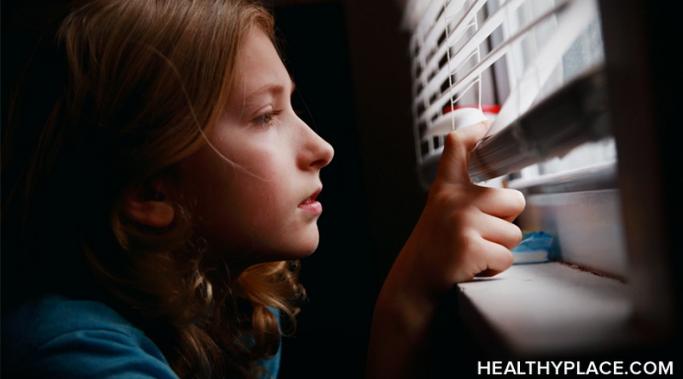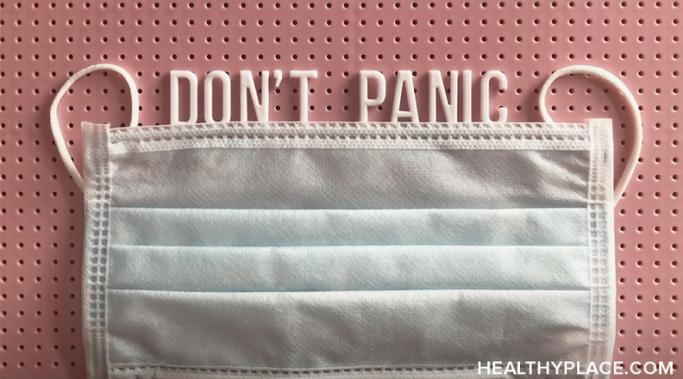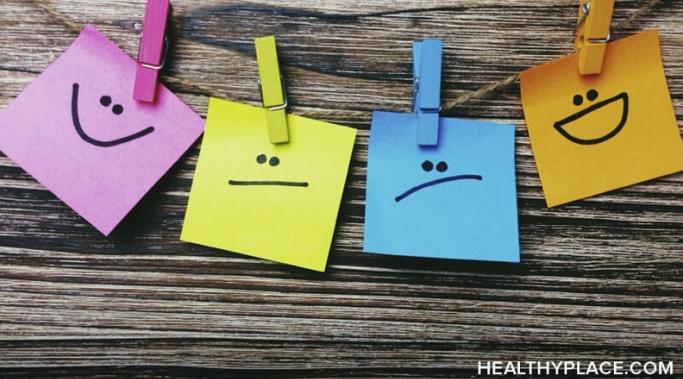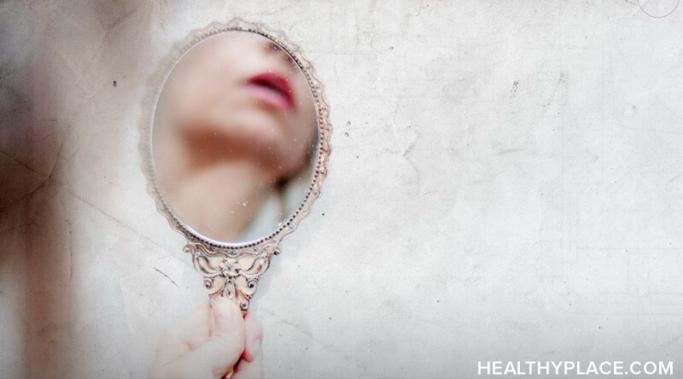How to support someone from a distance is a question that I’ve been asking myself almost every day recently. There’s a literal distance between myself and my brother right now due to COVID-19 restrictions, but he’s also crying out for more freedom and control over his life – how do I balance giving support with giving space?
Mental Illness in the Family
Two things that I find to be true when supporting family members with mental illness at any time are these: you cannot pour from an empty cup, and oftentimes just being there is the most important thing. Here is how these truths have manifested themselves in our family's life during COVID-19.
Caregiver guilt has been something that has featured heavily for me since my brother, Josh,* was diagnosed with anxiety and depression. For me, this caregiver guilt is a very uncomfortable emotion that I struggle to talk about -- and I want to pick it apart a little bit in this post.
Over the past few weeks, there has been a lot of media coverage about the suicide of television and radio presenter Caroline Flack. I didn’t know Caroline beyond seeing her on TV, but hearing about her death affected me deeply for some reason. I had a panicked sleepless night, and couldn’t shake the feeling of tearfulness that started as soon as I’d been told about the suicide. (Note: This post contains a trigger warning.)
Speaking openly about mental illness helps, but one thing I know for certain is that ''talking about your feelings'' cannot cure a diagnosable mental illness. To purport this idea is reductive and shows a deep-rooted misunderstanding of the complex physiological roots of psychiatric conditions. However, through supporting my brother in his experiences with anxiety and depression, I have come to appreciate that talking openly about emotions does play an extremely important role in a family where mental illness is present.
Learning to recognize caregiver stress at its early stages is important. Supporting my brother through his anxiety and depression has made me keenly aware of the importance of managing my own stress. For me, the first step of this process was learning to recognize the early signs of caregiver stress in my body.
In the healthcare setting where I work, we employ a model of transactional stress. I have found this theory to be extremely helpful in how I support my brother, Josh,* through his depression and anxiety. Here’s a reflection on my experience.
Blaming others for their anxiety might be common, but it shouldn't be. Here's how I learned that lesson.
My name is Nicola Spendlove and I am very excited to be joining the HealthyPlace team as a new author on the "Mental Illness in the Family" blog. I'm going to be writing about my brother's experiences with depression and anxiety and how it has impacted us all.
A diagnosis of mental illness can be shocking for both the patient and their loved ones and, unfortunately, lead to a lack of support. Prior to my husband’s schizophrenia diagnosis, I held a skewed view of mental illness believed the stigma surrounding it. After his diagnosis, I repeatedly asked myself why it couldn’t be something more seemingly straightforward, such as anxiety or depression. I learned to accept his illness over time, but it is difficult when others are not able to do the same. The lack of support we've been shown in our struggle hurts.









